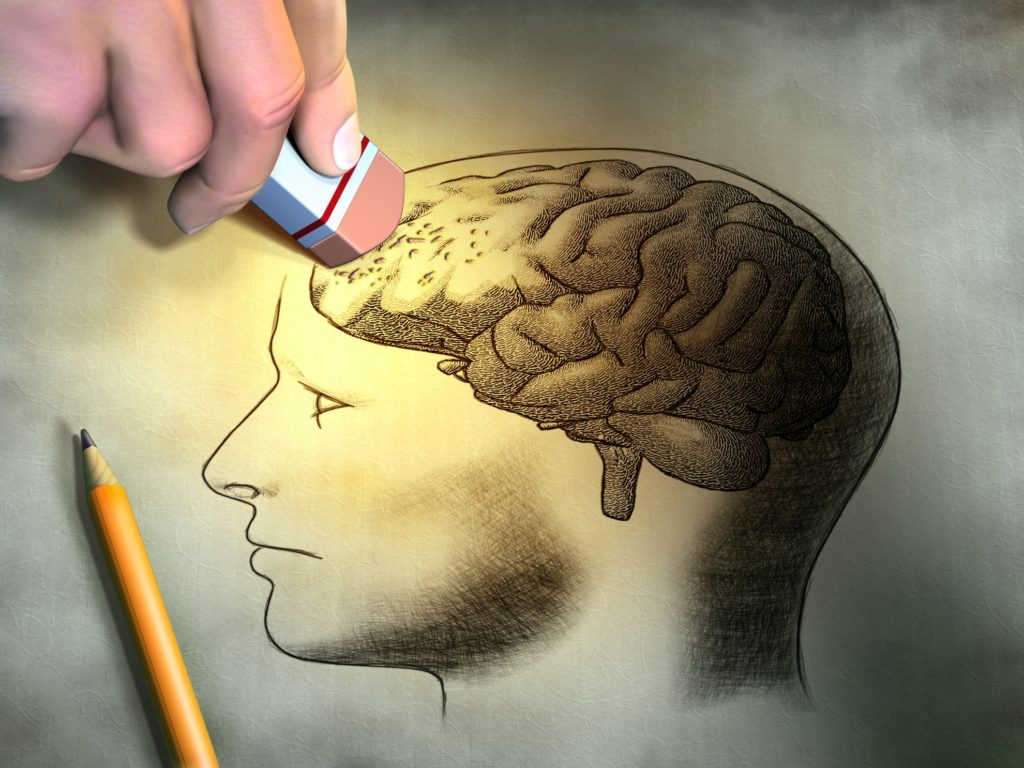Waking up in the morning and seeing the bathroom floor filthy because our grandmother forgot her own object is not easy.
Getting a call from the police saying that our dad got lost in the middle of town and doesn't know his way back home isn't easy.
Waking up ten times a day during the night because our grandfather makes a mistake in the bedroom door every time he goes to the bathroom is not easy.
Reading an email from a doctor asking me, as the couple's only child, to sign a document giving my mother full custody to my father is not easy.
These and other examples are increasingly frequent among us. On the one hand, we live longer, on the other we are more attacked by dementias: Alzheimer, Vascular, Parkinson, Lewy bodies, Frontotemporal, Huntington, Korsakoff, Creutzfeldt-Jacob, among others. By 2050, we will be over 100 million people worldwide with dementia. Triple today.
Seeing a family member who was once an active professional, an experienced sailor, the emergency room or the family liaison, or even the guardian of family memories, lose their abilities is not easy. Not easy.
We live longer, but we are not yet trained to deal with dementia, something we often see developing at breakneck speed. Is profession for which we did not do an internship. We are doing, by trial and error, the best we know how. And wearing out. Yes, wearing us out incredibly.
It is true that there is a variety of symptoms and the progression of dementia can vary greatly between different patients of the same age. Research even suggests defining more and more subtypes for higher quality treatment.
Returning to caregivers, social isolation, stress, depression, burnout. Lack of confidence and fear of losing control can become frightening at times.
Depressed caregivers may experience a lack of interest and enjoyment in daily activities, significant weight loss or gain, insomnia or excessive sleep, lack of energy, inability to concentrate, feelings of worthlessness or excessive guilt, and recurring thoughts of death or suicide.
These caregivers often need psychological help. The sooner they seek professional help, the better. Psychologist or also, together, a psychiatrist. There are cases where a combination of antidepressant therapy and medication can help ensure recovery.
Fortunately, depression is treatable. Social isolation increases the risk of depression. But it turns out that spending too much time discussing problems can also increase depression.
I would like to emphasize that healthy habits, such as physical exercise and a healthy diet, are an effective and economical treatment for depression and can help in the prevention and treatment of other diseases, such as obesity.
But peace also comes when, by natural death, we lose the person with dementia, because we did everything in our power.
We learn patience, humility, affection, fragility. Not to mention intergenerational advantages: bidirectional transmission of attitudes, orientations, behaviors, knowledge, values, codes, myths, secrets, social bridges, crisis interveners.
Although the loss of a person with dementia is a process that varies among all of us, feelings of anger and guilt and a state of shock when caring for the person with dementia directly are less common.
So is being a caregiver to a person with dementia a painful temporary situation or an opportunity?
Care as an opportunity consists of 3 steps:
1. create a safe, interesting and positive environment;
2. be disciplined and have realistic expectations;
3. take care of yourself as a caregiver.
 Author: Marta Pimenta de Brito (Psychologist)
Author: Marta Pimenta de Brito (Psychologist)
© 2018 – Science in the Regional Press / Ciência Viva
Marta Pimenta de Brito is a full member of the Portuguese Psychologists Association, with three specializations:
1. Clinical and health psychology
2. Psychology of work, social and organizations
3. Psychogerontology
Graduated from the University of Porto in Psychology – consultation for young people and adults; PhD from the University of Zurich (Switzerland) in access to mental health; Post-doctorate from Harvard University (USA) in patient retention; Executive training in communication, media and advocacy at Harvard (USA) and Brussels (Belgium); Elected by Brussels (Belgium) as one of the “best Spokesperson Europe".
Blog author: https://martapimentadebrito.wordpress.com/



















Comments